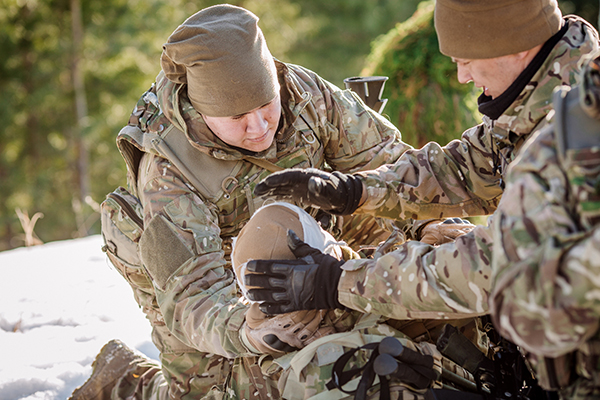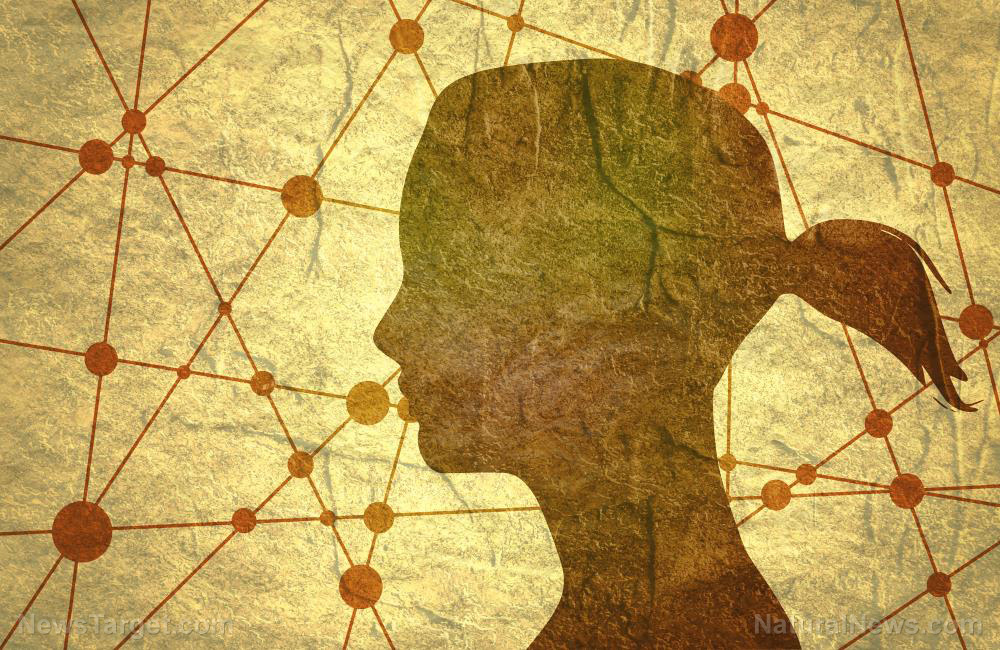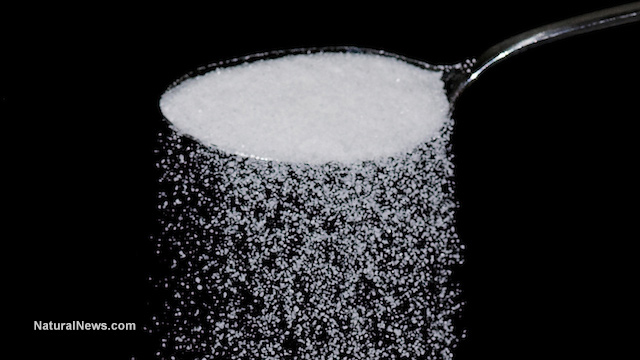Having PTSD and an abnormal mix of gut bacteria linked to poor cognitive performance in military veterans
09/02/2020 / By Divina Ramirez

Post-traumatic stress disorder (PTSD) and cirrhosis make for a debilitating combination among veterans. On top of their impact on both mental health and hepatic health in patients, scant research and little medical progress complicate treatment for either condition.
In a major breakthrough, Jasmohan Bajaj, a gastroenterologist from Virginia Commonwealth University, and his colleagues found that an imbalanced gut might be contributing to poor brain health and cognition in veterans suffering from both PTSD and cirrhosis.
Imbalanced gut seen in PTSD and cirrhosis patients
It’s not uncommon for veterans to have both PTSD and cirrhosis. PTSD is a mental disorder that can occur after a person has been exposed to intense trauma, including combat in the field. To cope, combat-exposed veterans often turn to alcohol.
If left unchecked, excessive alcohol consumption as a means of easing PTSD symptoms can lead to cirrhosis or late-stage scarring of the liver. Studies show that cirrhosis can be complicated by a decline in brain health and cognition if alcohol continues to impair vital liver functions.
In their research, Bajaj and his colleagues explored the possible role of the gut microbiome in the pathogenesis of both PTSD and cirrhosis. Existing studies on common service-related illnesses like gastrointestinal problems and chronic fatigue syndrome implicate the gut microbiome in their pathogenesis.
Therefore, it is critical to examine the role of the gut microbiome in PTSD, another service-related illness, and its related complications, according to the researchers. To do this, Bajaj and his colleagues studied stool samples from 93 male veterans that had cirrhosis. About a third of them had combat-related PTSD.
The participants also completed a series of tests designed to assess their cognitive abilities, including reaction time, spatial ability, memory and problem-solving. The researchers found that those in the non-PTSD group scored higher in all of the tests than those in the PTSD group.
Furthermore, participants in the PTSD group also had less beneficial bacteria in their intestines. This held true after the researchers controlled for alcohol consumption and medication use. In addition, those in the PTSD group also harbored more harmful bacteria in their guts, including Enterococcus and Escherichia Shigella.
The researchers also found similar gut profiles among participants that had PTSD regardless of medication use and alcohol consumption. This suggests that the bacterial changes in their intestines are the result of PTSD.
Bajaj and his colleagues had been unable to determine if the combat trauma that triggered PTSD also triggered the bacterial changes in the patients’ intestines or if those changes came about as a complication of chronic stress related to PTSD.
Nonetheless, Bajaj notes that altering the gut microbiome might be a possible holistic treatment for PTSD in veterans also suffering from cirrhosis. Further research is needed to determine the particular bacteria that are most beneficial for treating PTSD and cirrhosis, Bajaj added.
Gut microbiome: A potential biomarker for PTSD risk
Bajaj and his colleagues aren’t the first to examine the possible role of the gut microbiome in mental health and its influence on PTSD risk.
In 2017, an international team of researchers reported that the presence of certain gut bacteria might be able to determine PTSD risk.
Their findings, published in the journal Psychosomatic Medicine, indicated that PTSD patients had decreased amounts of Actinobacteria, Lentisphaerae and Verrucomicrobia in their guts compared to people that had been exposed to trauma but had no PTSD. These bacteria are essential for the maintenance of gut homeostasis.
Lead researcher Stefanie Malan-Muller from Stellenbosch University in South Africa notes that changes in immune regulation and increased inflammation as a result of an imbalanced gut can also affect cognition and mental health. These factors alone could heighten PTSD risk or predict its onset later on.
Taken together, studies and ongoing research on gut microbiome and PTSD might help scientists create safer and more holistic treatments for PTSD patients in the near future. (Related: Cannabidiol treatments found to offer relief for PTSD patients.)
Read more articles about cirrhosis and the dangers of alcohol abuse at LiverDamage.news.
Sources include:
Tagged Under: alcohol consumption, brain health, cirrhosis, cognitive function, cognitive health, digestion, gut health, gut microbiome, liver damage, liver health, mental disorder, mental health, military veterans, post traumatic stress disorder, PTSD, research
RECENT NEWS & ARTICLES
COPYRIGHT © 2017 BRAIN NEWS



















